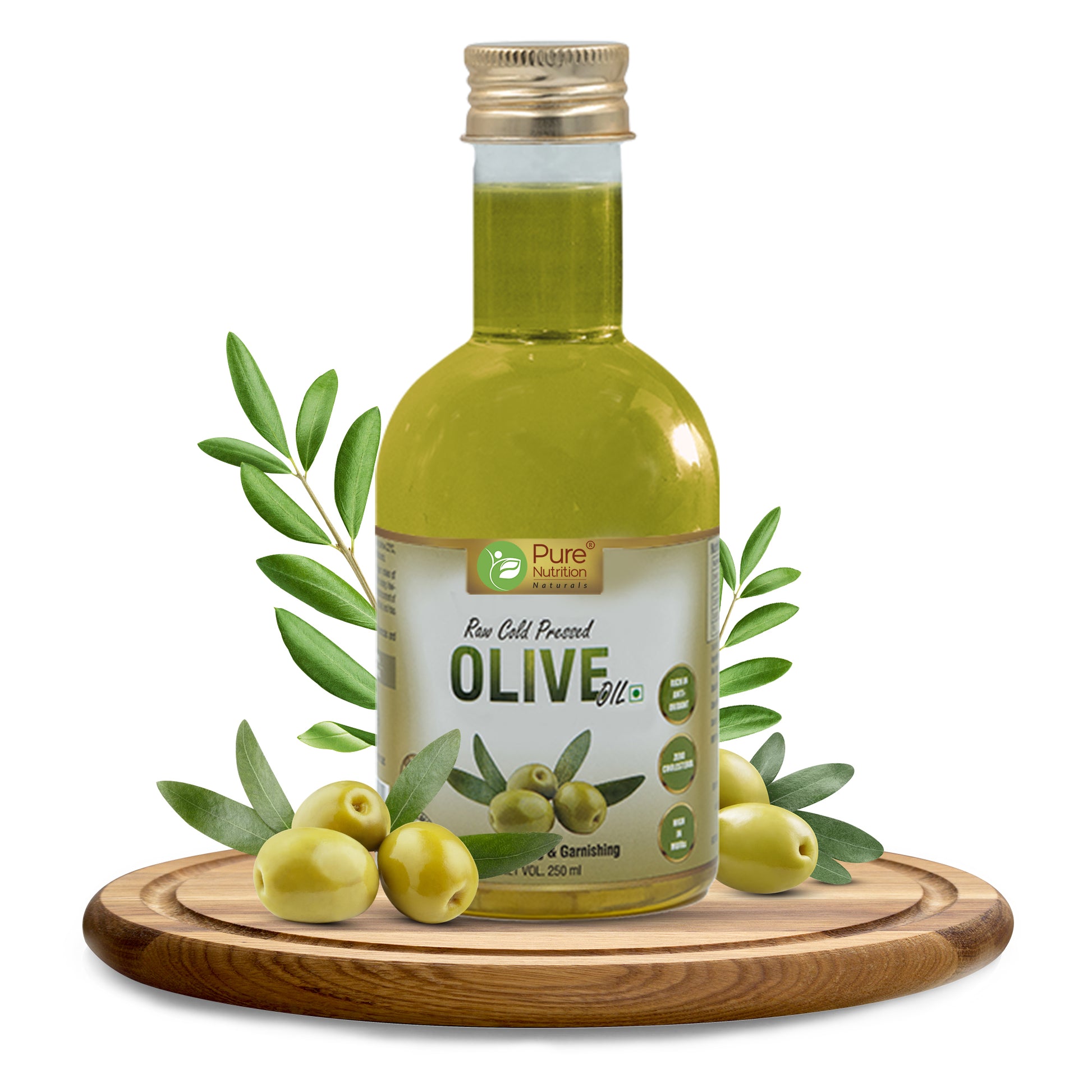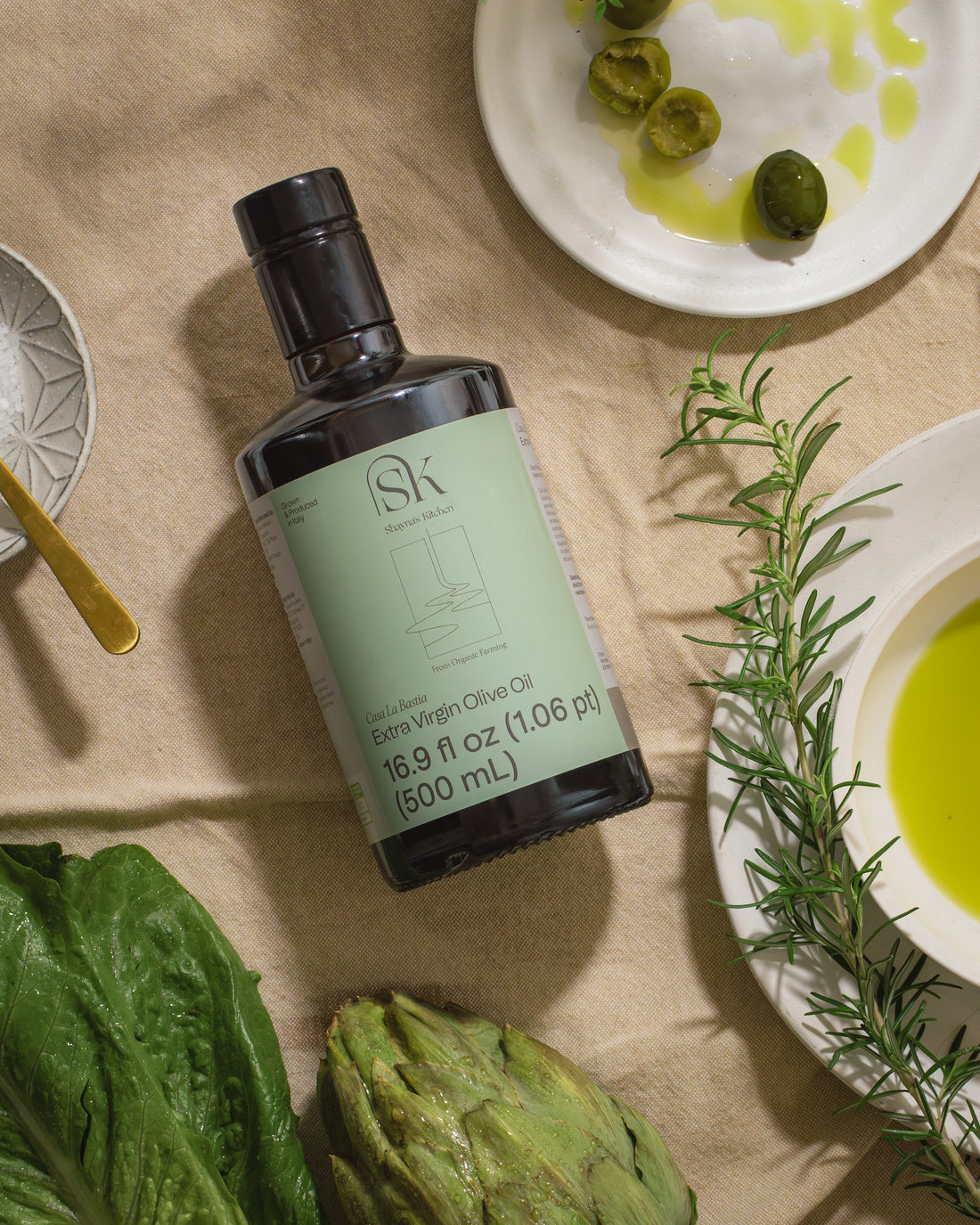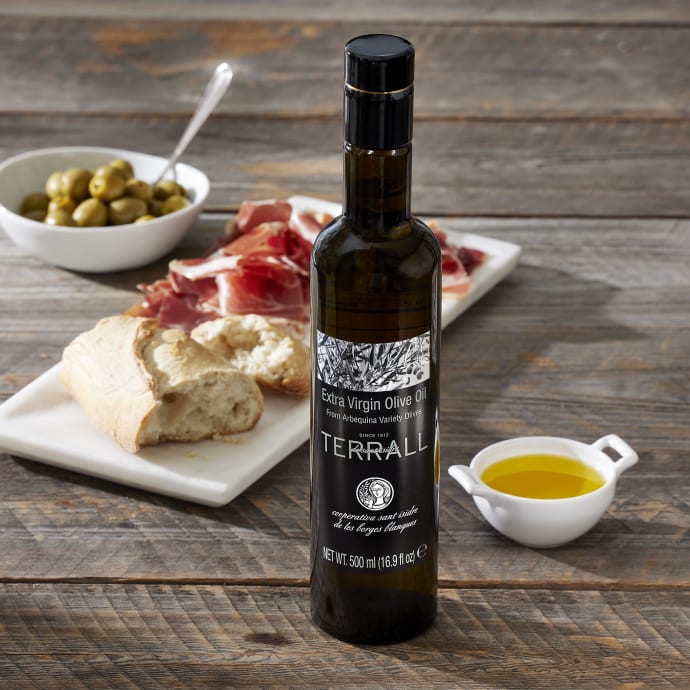Why Extra Virgin Olive Oil Benefits Your Gut and Digestive System
Why Extra Virgin Olive Oil Benefits Your Gut and Digestive System
Blog Article
Discovering the Different Types of Olive Oil and Their Usages, Including Bonus Virgin Olive Oil
The expedition of olive oil incorporates a varied variety of kinds, each offering culinary applications and unique tastes. Additional virgin olive oil, renowned for its premium high quality and health and wellness benefits, offers as a staple in several kitchen areas, yet it is just one element of this diverse active ingredient.
What Is Olive Oil?
Acquired from the fruit of the olive tree, olive oil is a staple in Mediterranean food and a crucial component in various cooking applications. This functional oil is generated by pressing entire olives, leading to a fluid that differs in fragrance, color, and flavor depending on the kind of olives utilized, the region of farming, and the extraction process. Olive oil is predominantly made up of monounsaturated fats, particularly oleic acid, which is understood for its possible health and wellness benefits, including anti-inflammatory homes and cardiovascular assistance.
Along with its cooking usages, olive oil has a long history of application in conventional medicine and skin care, owing to its rich antioxidant content (extra virgin olive oil benefits). The oil is typically utilized in dressings, marinates, and for cooking techniques such as sautéing and roasting. Its distinctive flavor account can enhance the preference of numerous recipes, making it an important component for both home chefs and specialist cooks
Furthermore, olive oil is celebrated for its function in the Mediterranean diet plan, which is related to various health advantages. As recognition of these advantages expands, olive oil remains to gain appeal worldwide as a fundamental component of a healthy and balanced way of life.
Types of Olive Oil
Recognizing the different sorts of olive oil is vital for both culinary fanatics and health-conscious consumers. Olive oil is categorized mostly based on its extraction method and quality, which significantly influences its health, flavor, and scent advantages.

Light olive oil, despite its name, describes a lighter taste and not lower calories. It is ideal for those seeking a much more subtle taste in dressings and sauces. Furthermore, there are flavored olive oils instilled with natural herbs, seasonings, or citrus, which can enhance dishes without the demand for extra spices.
Each kind of olive oil serves particular culinary purposes, and understanding these distinctions allows consumers to make enlightened options that line up with their food preparation styles and health and wellness goals.
Extra Virgin Olive Oil
Additional virgin olive oil (EVOO) is extensively considered as the highest quality olive oil readily available, popular for its abundant flavor and countless wellness benefits. To be classified as extra virgin, the oil must be produced from fresh olives using mechanical processes, without making use of solvents or extreme warmth. This careful method maintains the oil's all-natural tastes, antioxidants, and healthy fats, resulting in an item with a reduced level of acidity level of much less than 0.8%.
EVOO is plentiful in monounsaturated fats, especially oleic acid, which is connected to reduced inflammation and enhanced heart wellness. It likewise has polyphenols, effective antioxidants that might offer safety results against persistent diseases. The flavor account of EVOO can differ substantially depending upon the olive selection and area of manufacturing, ranging from grassy and fruity to durable and sharp.

Culinary Uses of Olive Oil

In cooking, olive oil can be used for sautéing, Click Here roasting, and barbecuing, offering a healthier choice to butter or other fats. Its high smoke factor makes it appropriate for different cooking techniques, while its anti-oxidants add to a heart-healthy diet plan. Showering olive oil over ended up dishes, such as pasta, fish, or smoked veggies, can raise tastes and include a touch of sophistication.
In addition, olive oil plays a significant function in baking, where it can change typical fats in dishes for bread and breads, presenting dampness and a subtle taste. It additionally acts as a base for infused oils, allowing chefs to get more trying out flavors such as garlic, herbs, or chili, further broadening its culinary possibility. Generally, olive oil's adaptability makes it indispensable in both home and professional cooking areas.
Deciding On Quality Olive Oil
When selecting quality olive oil, it's essential to consider several crucial factors that influence the product's aroma, health and wellness, and taste benefits. Firstly, decide for additional virgin olive oil (EVOO), which is obtained from the very first cold pressing of olives and consists of the highest possible degrees of anti-oxidants and valuable substances. Try to find oils that are accredited by acknowledged organizations, as this usually ensures adherence to rigorous high quality requirements.
The product packaging also plays a significant role in maintaining the oil's integrity. Choose oils stored in dark glass containers or tins to protect against light degradation. Take notice of the harvest day; fresher oils use exceptional taste and nutritional value, so choose items that are within 18 months of their harvest.
In addition, think about the beginning of the oil. Top notch olive oils commonly come from particular regions recognized for their distinctive taste accounts, such as Italian, Spanish, or Greek oils. Ultimately, understand the preference; a high quality olive oil should have an equilibrium of fruity, bitter, and sharp notes, indicating its richness and complexity. By evaluating these aspects, you can ensure you are choosing the very best olive oil for your culinary requirements.
Conclusion
In summary, the expedition of different kinds of olive oil exposes distinct characteristics and applications, with additional virgin olive oil standing for the peak More Help of quality due to its low acidity and high antioxidant material. Recognizing the different selections of olive oil allows for notified selections in food preparation techniques, advertising healthier methods while improving the general gastronomic experience.
Acquired from the fruit of the olive tree, olive oil is a staple in Mediterranean cuisine and a key ingredient in numerous cooking applications.The most common types of olive oil consist of improved olive oil, pure olive oil, and light olive oil.Extra virgin olive oil (EVOO) is extensively concerned as the greatest quality olive oil readily available, celebrated for its abundant taste and numerous wellness benefits. Choose for additional virgin olive oil (EVOO), which is acquired from the first cold pressing of olives and contains the greatest levels of antioxidants and advantageous compounds.In recap, the expedition of numerous types of olive oil reveals unique features and applications, with added virgin olive oil representing the pinnacle of high quality due to its low level of acidity and high antioxidant material.
Report this page